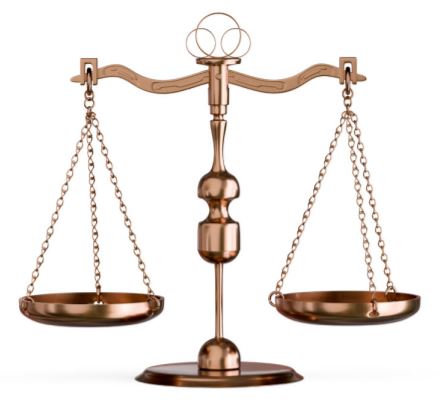Ancillary administration is a probate court proceeding that is supplementary to the administration at the place of the decedent’s domicile. It is generally conducted in a different state from the one the deceased person resided at the time of death. It helps to settle and distribute a decedent’s property in the state in which the property is located, even if the decedent is domiciled in some other state. Hence, the executor or administrator of decedent’s property can collect assets and commence litigation on behalf of the estate in a state in which the property is located. Generally, ancillary administration is necessary in cases where a deceased person owns property in another state. The purpose of ancillary proceeding is to collect assets and pay debts in a foreign state even if the decedent was domiciled in some other state. It is also called foreign administration.
In In re Estate of Zietz, 198 Misc. 77 (N.Y. Misc. 1950), the court observed that “the entire theory of ancillary administration is based upon the principle that the ancillary representative acts in an auxiliary capacity, as an aid to that chief administration which is to be conducted in the principal jurisdiction”.

